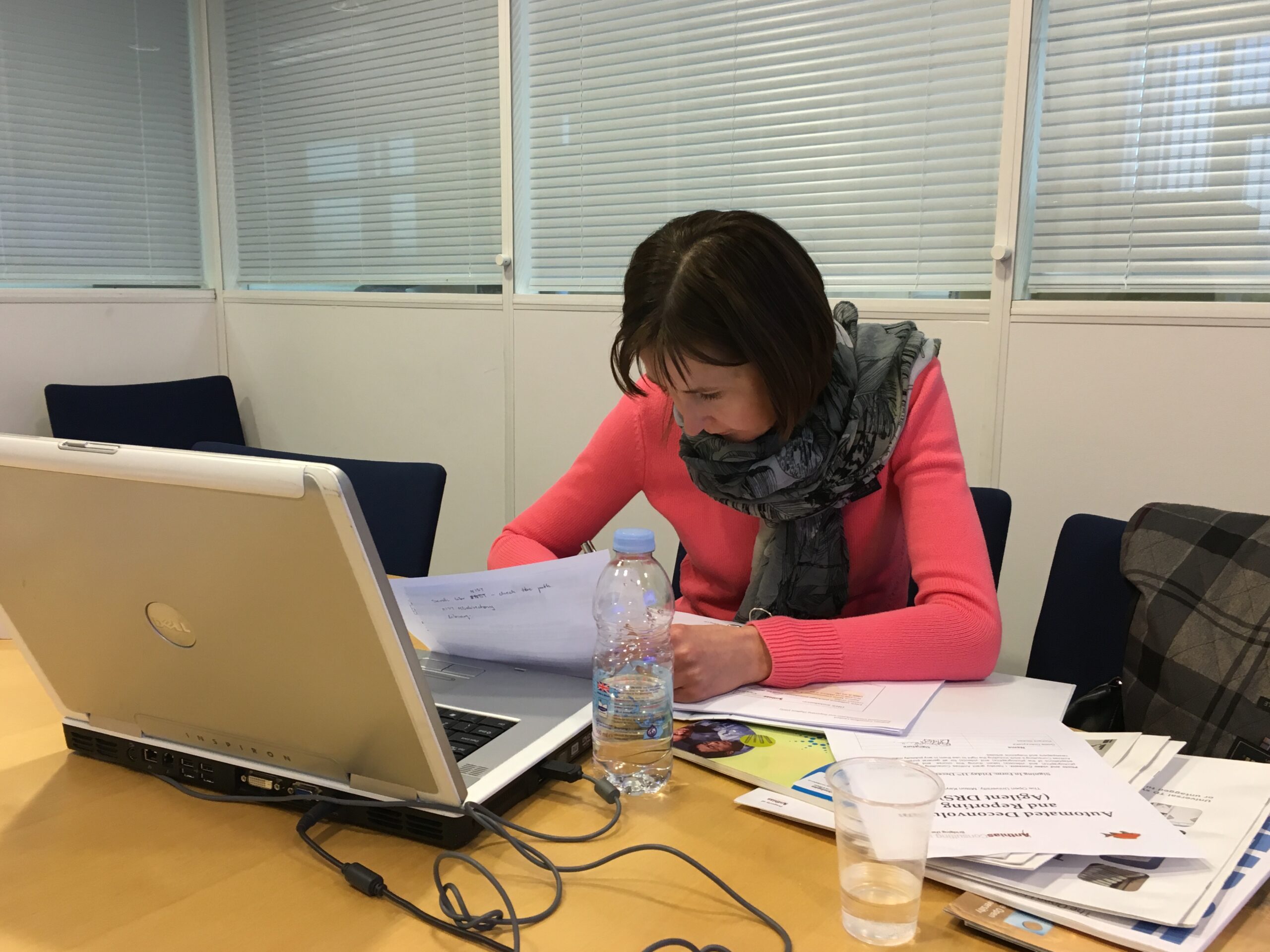Applied ICP-OES
- Duration: 1 day for face-to-face 6.50 hours for Virtual Classroom training
- Experience level: Intermediate
- Delivery methods: Face-to-face | Offsite training & consultancy | On-Demand | Online | Onsite training & consultancy | Tailored training |
- Type of course: Universal
- Applicable to manufacturer(s): Agilent | Thermo |
- CPD Approved: Not yet approved
- Scheduled course price: £485.00 + TAX per delegate
- Course discounts: RSC CAMS HEaTED members receive a discount on this course

What will you learn on this course?
Inductively-Coupled Plasma Optical Emission Spectroscopy (ICP-OES) is a type of emission spectroscopy that uses an inductively coupled plasma to produce excited atoms that emit electromagnetic radiation at wavelengths characteristic of a particular element. The intensity of this emission is proportional to the concentration of the sample. Compared to Atomic Absorption Spectrophotometry (AAS), it allows simultaneous analysis of multiple elements, to much lower detection limits.
This course engenders a holistic approach to ICP-OES from the initial choice of analytical set-up through to designing a robust methodology including sample preparation and sample introduction and finishing with calibration. Ten real-world case studies cover elemental analysis in pharmaceuticals, drinking water, soils, motor oil, occupational hygiene, forensics, metal speciation, isotope ratios and food / drink authentication.
Learning outcomes
- You will learn the theory behind the technique of Inductively-Coupled Plasma Optical Emission Spectroscopy (ICP-OES)
- You will learn the pros and cons of each facet and the required troubleshooting and maintenance of each
- You will learn about the different ICP-OES components, how they are affected by problematical samples and what can be done to reduce interferences using matrix modification and background correction
- You will gain knowledge in how to optimise a method to build a robust methodology
Who is this course for?
Primarily beginners but intermediate users requiring refresher training will also benefit.

